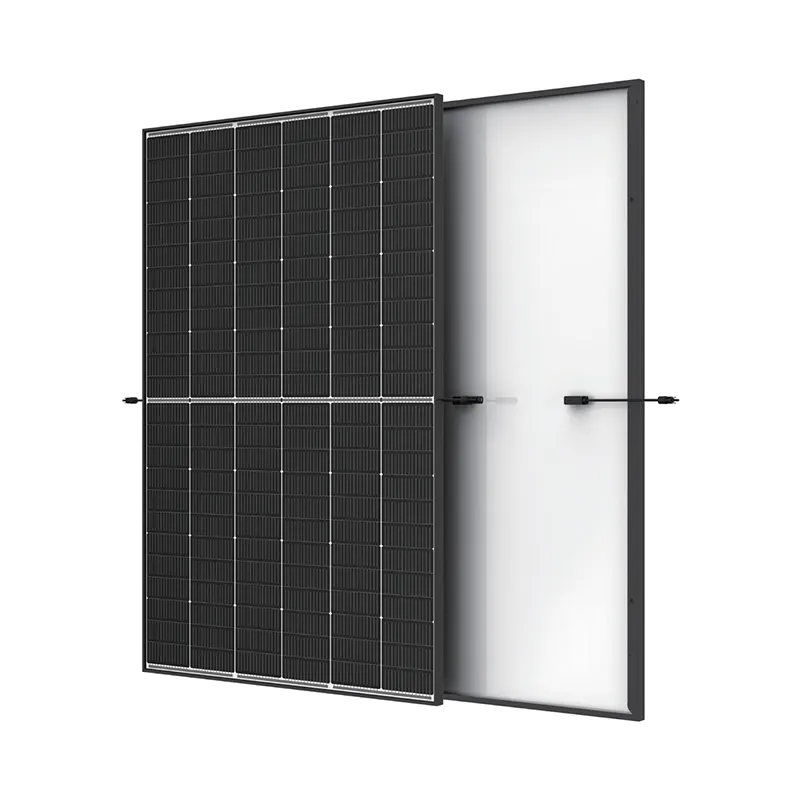Exploring the Benefits of 12V Solar Panels for Sustainable Energy Solutions
Understanding 12V Solar Panels A Comprehensive Overview
In today’s world, where the demand for sustainable and renewable energy sources is surging, solar energy has emerged as one of the most viable alternatives. Among various types of solar panels, 12V solar panels are particularly popular for their versatility and efficiency in various applications. This article aims to provide a comprehensive overview of 12V solar panels, their benefits, applications, and considerations for potential users.
What is a 12V Solar Panel?
A 12V solar panel is a photovoltaic (PV) solar panel that is specifically designed to generate a nominal output voltage of 12 volts. These panels are commonly used in off-grid applications, such as charging batteries, powering recreational vehicles (RVs), boats, and small household systems. The 12V designation indicates that these panels are well-suited for systems that operate within the typical voltage range for many batteries, making them ideal for direct use with lead-acid batteries commonly used in automotive and solar applications.
Key Benefits of 12V Solar Panels
1. Simplicity and Compatibility One of the major advantages of using 12V solar panels is their compatibility with standard batteries. Many off-grid systems are designed to operate at 12 volts, making these panels an excellent choice for users who want an easy setup without the need for inverters or additional equipment.
2. Cost-Effective Generally, 12V solar panels tend to be more affordable than their higher voltage counterparts. This reduced cost makes them accessible to a wider audience, especially for DIY enthusiasts and those new to solar technology.
3. Portability Many 12V solar panels are lightweight and compact, which increases their portability. This makes them ideal for outdoor activities like camping, hiking, or boating, enabling users to harness solar energy wherever they go.
4. Environmental Impact Solar energy is a clean and renewable resource. By utilizing 12V solar panels, users contribute to reducing their carbon footprint, promoting sustainable energy practices.
5. Low Maintenance Once installed, 12V solar panels require minimal maintenance. Users can enjoy free energy with just occasional cleaning to remove dust or debris that may accumulate on the surface.
Common Applications of 12V Solar Panels
12V solar panels have a wide array of applications, including
- Recreational Vehicles (RVs) Many RV owners use 12V solar panels to power lights, refrigerators, and other appliances, allowing for longer trips without reliance on generator power.
12v solar panel

- Boats Sailors and boaters can benefit from compact 12V solar panels to keep batteries charged and power onboard electronics, all while enjoying the tranquility of being on the water.
- Off-Grid Living Homesteaders and those seeking energy independence often use 12V solar panels amid their energy strategies, off-grid systems can run appliances like pumps, lights, and more, all powered by the sun.
- Backup Power Users can couple 12V solar panels with battery systems to create solar-powered backup systems, providing power during outages for essential devices.
Considerations When Choosing 12V Solar Panels
While 12V solar panels offer numerous benefits, there are several factors to consider before making a purchase
1. Output Capacity It’s crucial to select panels based on the wattage needed for specific applications. Calculate energy requirements to choose appropriately sized panels.
2. Quality and Warranty Invest in high-quality panels from reputable manufacturers. Look for panels with good warranty periods, as they reflect the manufacturer’s confidence in their products.
3. Installation Assess whether you want to install the solar system yourself or hire professionals. DIY enthusiasts may need mounting brackets and wiring kits, while others may require professional installation.
4. Battery Compatibility Ensure that the solar panels are compatible with the battery type being used. Most commonly, 12V panels pair well with lead-acid or lithium batteries.
5. Environment Consider the geographical location and climate, as solar efficiency can significantly?change based on sunlight availability.
Conclusion
12V solar panels represent an accessible and effective way to harness solar energy for various uses. Their reliability, ease of installation, and versatility make them a popular choice for many consumers looking to explore renewable energy solutions. Whether for recreational use or off-grid living, investing in a 12V solar panel system can empower users to take control of their energy needs while contributing positively to the environment. As technology continues to advance, the scope of solar energy applications is only set to grow, making it an exciting area for both consumers and innovators alike.
-
Unlocking Energy Freedom with the Off Grid Solar InverterNewsJun.06,2025
-
Unlock More Solar Power with a High-Efficiency Bifacial Solar PanelNewsJun.06,2025
-
Power Your Future with High-Efficiency Monocrystalline Solar PanelsNewsJun.06,2025
-
Next-Gen Solar Power Starts with Micro Solar InvertersNewsJun.06,2025
-
Harnessing Peak Efficiency with the On Grid Solar InverterNewsJun.06,2025
-
Discover Unmatched Efficiency with the Latest String Solar InverterNewsJun.06,2025







